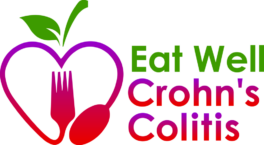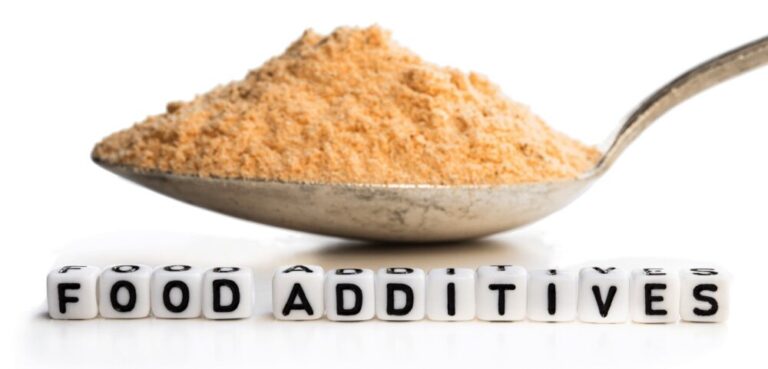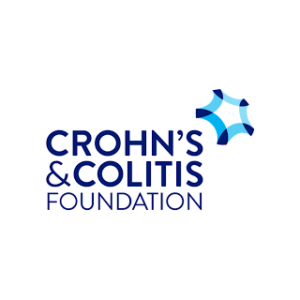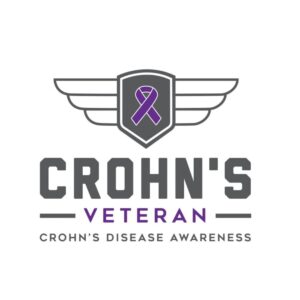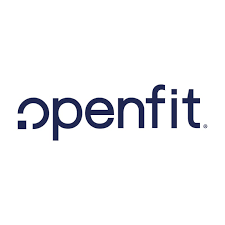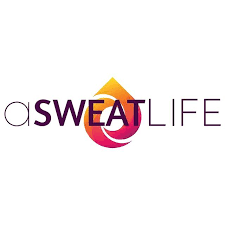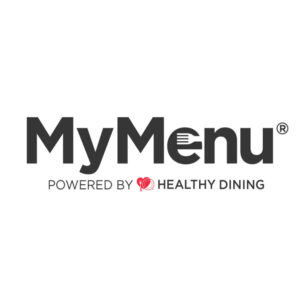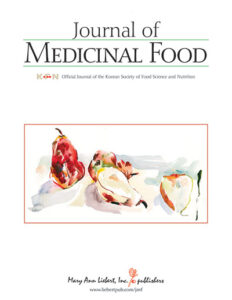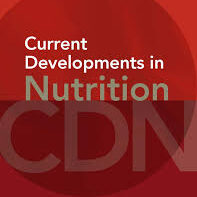Intermittent Fasting and Ulcerative Colitis: Does it Help?
Danielle Gaffen, MS, RDN, LD
- Last Updated
Co-written by Shay Albrecht
Here are the key things to know about intermittent fasting and ulcerative colitis, including the significant differences between the different types of IF and whether or not they actually help with UC flares.
Intermittent fasting has become a popular diet regimen. Intermittent fasting (IF) is a diet that alternates between short periods of fasting with either no food or a significant decrease in calories, and periods of unrestricted eating. There are many different types of IF, so let’s compare the different types and how each may affect someone with Ulcerative Colitis (UC).
Key Differences Between 4 Intermittent Fasting Methods
There are many different methods of doing intermittent fasting, but here are the main differences between four different types:
1. Time-Restricted Fasting (TRF) is the most common type of fasting. It is when a person’s eating time is limited to the time of day by having set fasting and eating windows. There are two different methods that are typically used for TRF – the 16/8 method and the 14/10 method. Some of the most common ways are only eating between 10 a.m. and 6 p.m. for the 16/8 method and only eating between 9 a.m. and 7 p.m. for the 14/10 method.
2. Alternate-Day Fasting (ADF) is a type of intermittent fasting approach that consumes of fasting on one day and then consuming a regular diet the next day. It also involves a “modified” version of limiting the calories on the fasting day to 500.
3. Twice-A-Week Method (5:2 Method) is a type of fasting that involves eating a maximum of 500 calories on two days a week and then consuming a regular diet the other five days. You can choose whichever two days of the week to fast, as long as there is a non-fasting day between the two days.
4. 24-Hour Fast (Eat: Stop: Eat Method) is a method of complete fasting for a 24-hour period. It is typically only done once or twice a week and can have extreme side effects.
What is Ulcerative Colitis?
UC is a GI disorder that causes inflammation and ulcers on the innermost lining of the large intestine, also known as the colon, and rectum. It is a rare condition affecting about 1 million people in the United States. Men are more likely to develop UC compared to women.
For more information about ulcerative colitis, please refer to the Crohn’s and Colitis Foundation.
Can You Fast if You Have UC?
While you can fast if you have UC, there hasn’t been a substantial amount of nutritional research conducted yet to show that it is beneficial.
People with UC are at risk for nutrition related problems related to its disease and treatment. Depending on the degree of the disease, this can look different for every person. What’s important to keep in mind is that there is no one specific diet to treat inflammation caused by UC or put into remission.
People often fast not only for religious reasons but has become a popular form of losing weight. When a person begins to fast for a short period of time, this can produce ketosis. Ketosis is when the body doesn’t have enough glucose to provide the body energy, so it uses stored fat. When the body is in a state of ketosis along with consuming fewer calories, it can lead to weight loss, which is already a common symptom of UC.
A Recent Case Study on Intermittent Fasting and Ulcerative Colitis
A recent research study titled “Intermittent Fasting and Reduction of Inflammatory Response in a Patient with Ulcerative Colitis” conducted in Chile explored the effects of intermittent fasting on a 42-year-old female patient diagnosed with ulcerative colitis who was in the remission period. Here are the key takeaways:
- Method: The patient underwent a 10-hour eating and 14-hour fasting regime (10/14 method) for a duration of eight weeks.
- Findings: By the end of the intermittent fasting period, there was a significant reduction in inflammation markers such as C-reactive protein (CRP) and fecal calprotectin.
- Patient Feedback: Notably, the patient reported feeling better and had no flare-ups in the subsequent months while continuing the intermittent fasting regime.
Implications:
- This case study highlights the potential benefits of intermittent fasting in managing ulcerative colitis symptoms, especially when the disease is in remission.
- It provides evidence that intermittent fasting may reduce inflammation markers in patients with ulcerative colitis.
- The study’s findings suggest that intermittent fasting might offer relief to some patients, but as with all treatments, individual responses can vary.
- However, it’s crucial to note that this was a single case study, and more extensive and controlled studies are required to generalize these findings.
What The Research Shows with Intermittent Fasting and Ulcerative Colitis
A few mice studies that have shown that a fasting-mimicking diet may be helpful for those with UC. However, no research has been conducted on humans yet. Therefore, we don’t truly know if fasting is beneficial in humans with UC.
In a recent study from Northwest A&F University and Cornell University found that TRF and IER are effective for relieving colitis. Both TRF and IER decreased inflammatory markers and oxidative stress in the gut and brain.
In another study conducted by the Shanghai Institute of Nutrition and Health, it was discovered that two cycles of fasting significantly improve the symptoms of UC by improving stool consistency and rectal bleeding. Not only did the fasting show anti-inflammatory activity, but it also appeared to enhance the repair process of the damaged intestinal tissues.
Along with the previously mentioned studies, a recent case study conducted in Chile delved deeper into the relationship between intermittent fasting and ulcerative colitis in a human subject. The study found promising results with a significant reduction in inflammatory markers after an 8-week intermittent fasting regimen.
While these findings are encouraging, the study had its limitations, particularly being a single case study. Therefore, while intermittent fasting may offer some benefits to UC patients, it’s essential to approach this dietary method with caution and always under medical supervision.
Does Intermittent Fasting Help Ulcerative Colitis?
With UC, the colon is inflamed causing tiny sores or ulcers. The main goal when trying to manage UC is decrease that inflammation. When it comes to fasting, research has shown that IF can benefit people in the general population, but is lacking with people who suffer with IBD.
Can Fasting Help an Inflamed Colon?
Although there have been a couple studies that have shown that IF can decrease inflammation with UC, there is also evidence that there is no significant change when comparing inflammation markers between two patient groups with UC, one group on a regular diet and the other on an IF diet.
Research aside, people with UC may already have a nutrient deficiency or underweight. By trying IF, this may result in further nutrient deficiencies or weight loss.
With limited research, it is unknown if IF helps UC. More research should be conducted for a professional recommendation.
Fasting During an Ulcerative Colitis Flare
When a UC flare is active, symptoms that were in remission return. These symptoms can include diarrhea, abdominal pain and cramping, rectal pain and bleeding, fatigue, and urgent bowel movements. During this time, the colon is extremely inflamed.
Fasting can lead to unintentional weight loss, a hallmark of malnutrition. Additionally, fasting can heighten other concerns such as irritability, fatigue, difficulty concentrating, and over-eating during non-fasting periods. Instead of cycles of restricting and very large portions, it is recommended to eat slowly and consume smaller, more frequent meals and snacks throughout the day.
A low fiber diet, once referred to as a “low residue diet”, may be recommended during a flare.
So, with an active UC flare, it may be more helpful to reduce fiber intake, rather than focus on the timing of eating.
Take Home Message for is Intermittent Fasting Good for Ulcerative Colitis?
At this time, while there is emerging evidence suggesting potential benefits of intermittent fasting for people with ulcerative colitis, especially from recent case studies, there’s still insufficient evidence to recommend it universally for people with UC and Crohn’s disease. As always, it’s crucial to consult with a dietitian and/or medical doctor before making significant dietary changes.
This article has been updated since its original publish date in October 2022.
